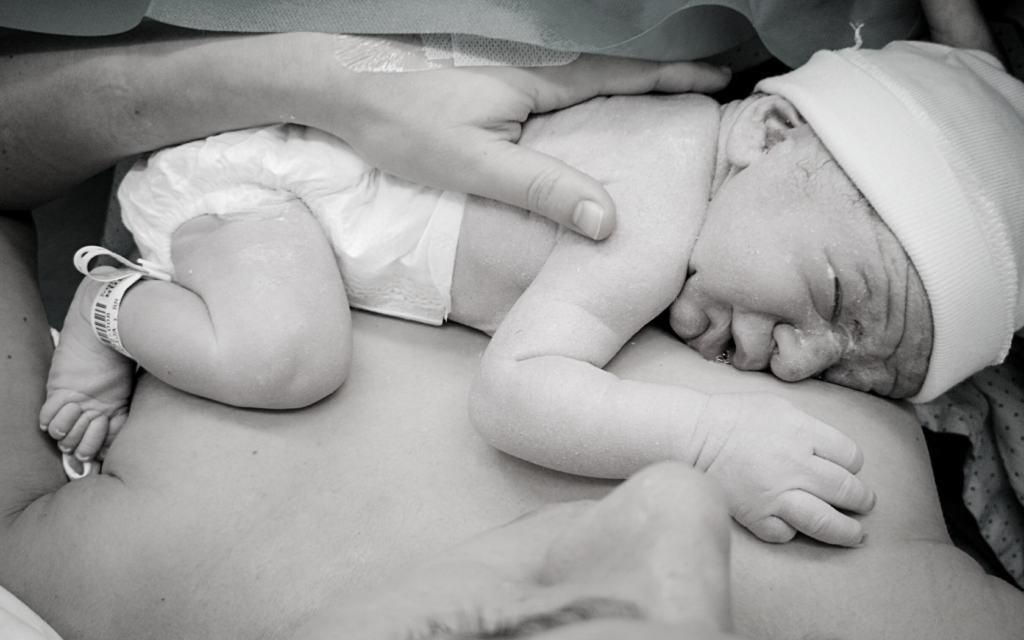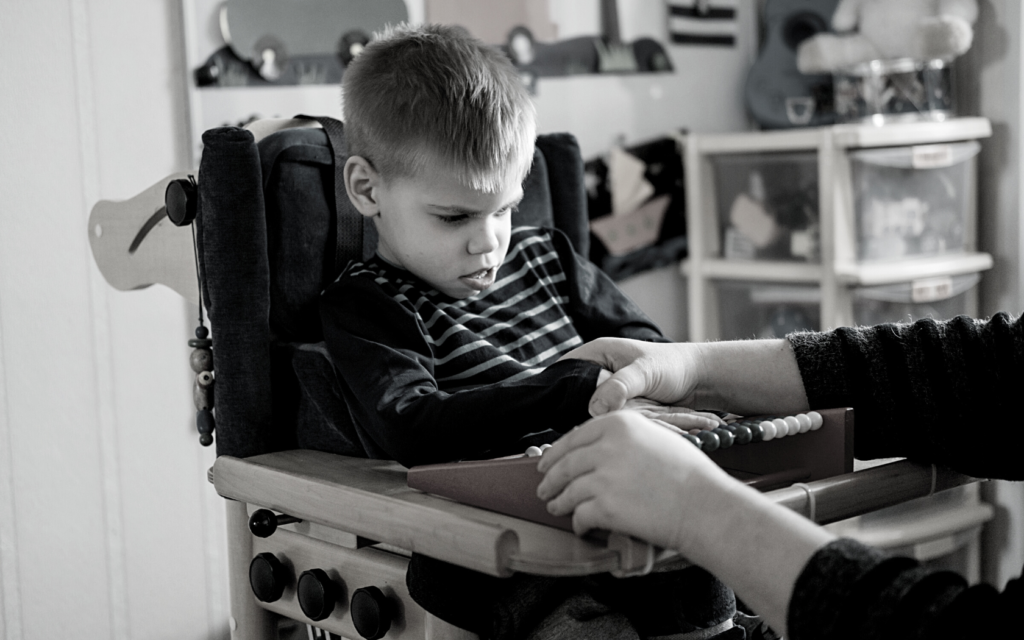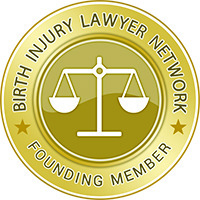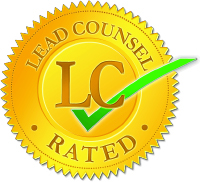You might say newborns are “blank slates” as far as experience goes. But their brains already have plenty of “hard wiring” at birth. These systems will be fine tuned as they begin to react to the world around them. This is why brain injuries at birth are such a serious concern. Early brain damage cripples the “hard wiring” before it has the chance to develop and mature. It can lead to a lifetime of cognitive, developmental, and behavioral challenges.
Was your child diagnosed with a brain injury at birth? Coming to terms with this news is no easy feat. It’s even more difficult to accept when a doctor could have prevented the injury, but failed.
But here’s a snippet of hope: if your child’s brain injuries at birth were due to negligence, you may recover damages. A monetary reward can’t reverse the injury. But it will help you give your child the best life possible. Call us today to discuss your legal options.

How Brain Injuries At Birth Can Occur
There are many causes of brain injuries at birth. Some stem from problems during the pregnancy. Others are the result of a complication during labor or delivery.
But the main cause is a lack of oxygen. The brain needs oxygen to function. If an illness or event keeps the brain from getting it, brain cells can suffer. Once they’re damaged, they can’t be repaired.
Here are some risk factors and scenarios that can lead to oxygen deprivation:
- Placental abruption
- The baby or mother develops an infection
- The baby’s airways are blocked or malformed
- The mother is anemic or has other health issues
- There are problems with the umbilical cord, such as a true knot cutting off blood and oxygen
Brain injuries at birth can also stem from other causes, such as:
- The mother develops preeclampsia. (High blood pressure and high levels of protein in urine). When preeclampsia worsens and becomes eclampsia, it can cause brain damage, seizures, and death.
- The baby spends too much time in the birth canal and doctors don’t order a C-section.
- A doctor applies excessive pressure to the baby’s head during delivery. Improper use of forceps or a vacuum can injure the brain.
- The mother develops a major infection during pregnancy, such as HIV, herpes, or rubella.
- The baby has jaundice. Left untreated, jaundice can lead to a type of brain injury called kernicterus.
- The baby suffers a physical accident, such as being dropped.
- The mother used harmful substances (such as drugs and alcohol) while pregnant.
Consequences Of Brain Injuries At Birth
If the brain injury is mild, the child might make a full recovery. But the effects of severe brain injuries at birth are usually permanent.
Quick treatment can reduce the worst consequences somewhat. But brain damage isn’t always apparent right after birth. Some symptoms begin days, or even years later.
Here are some early signs and symptoms that doctors and parents should watch out for:
- Excessive crying and fussing
- Arched back while crying
- Vision and hearing problems
- Strange eye movements
- Seizures
- Stiff muscles
- Excessive drooling
- Unusual head shape or facial features
- Difficulty eating and swallowing
- Paralysis
If a brain injury at birth isn’t detected early on, the child’s disabilities will likely be profound. It can lead to conditions that will require lifetime treatment, such as the following:
- Epilepsy
- Autism
- Cerebral Palsy
- Developmental delays
- Severe cognitive disability
- Learning and behavioral disabilities
- Speech problems

Brain Injuries At Birth: Your Legal Options
Was your child diagnosed with a brain injury? You’re probably wondering what life is going to look like from now on. You’re looking at every treatment possible–and wondering how you’ll pay for it.
But here’s the million dollar question: could your child’s brain injury at birth have been prevented? If it was the result of a doctor’s negligence, it likely could have. Speak with a birth injury lawyer to find out if you have grounds to file a medical malpractice lawsuit.
The process will begin with an initial consultation. During this meeting, the attorney will ask you about the details of your case. If you and your lawyer determine it’s in your best interest, you’ll then begin the process of filing a claim.
After that, your hospital or doctor will have the chance to respond to the claim and offer a settlement. If no settlement is offered, or you choose not to accept it, you can pursue the suit in court.
At Hampton & King, we charge zero fees unless we win. So breathe a sigh of relief—you can pursue your claim risk free. Help for you and your child is just a phone call away.












